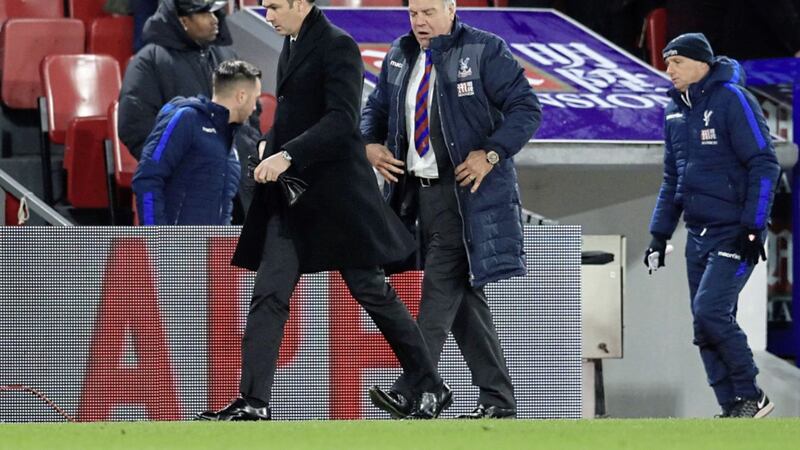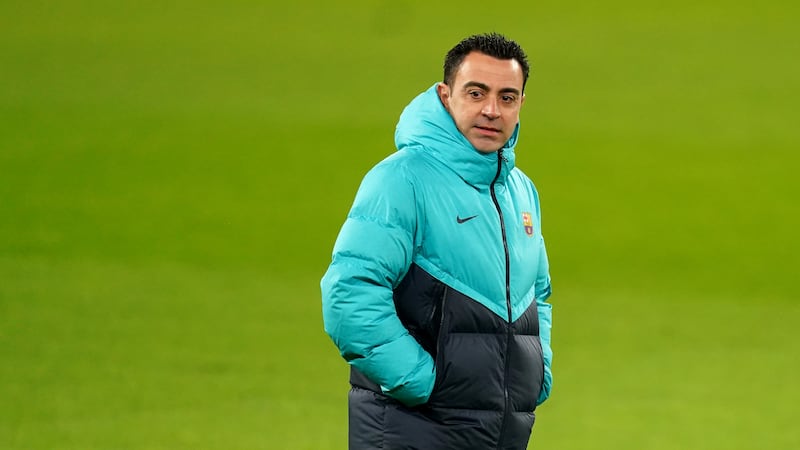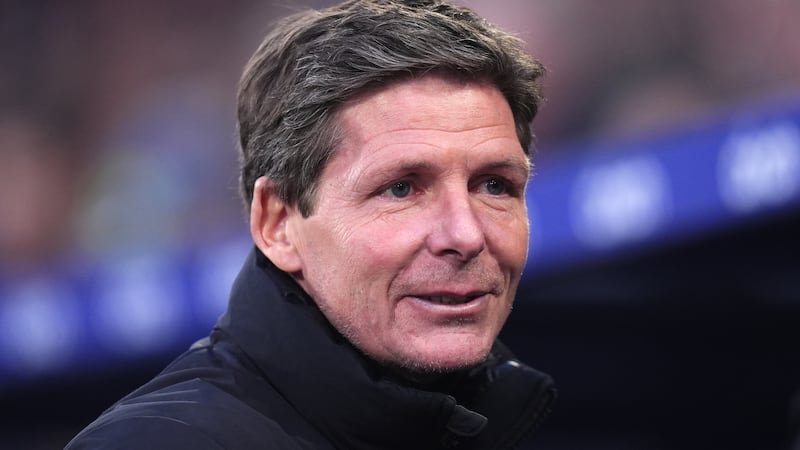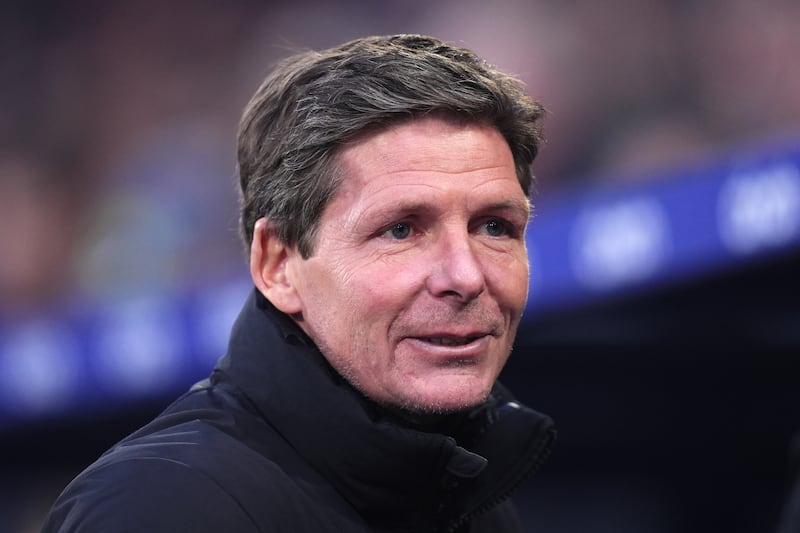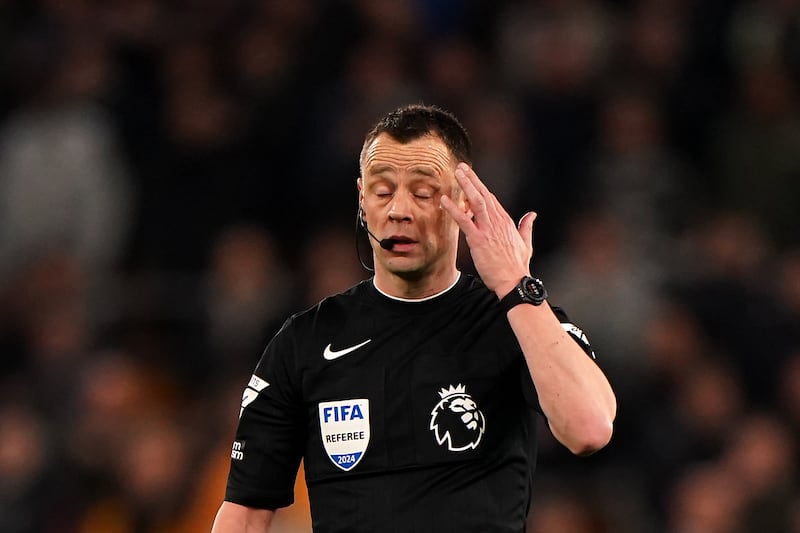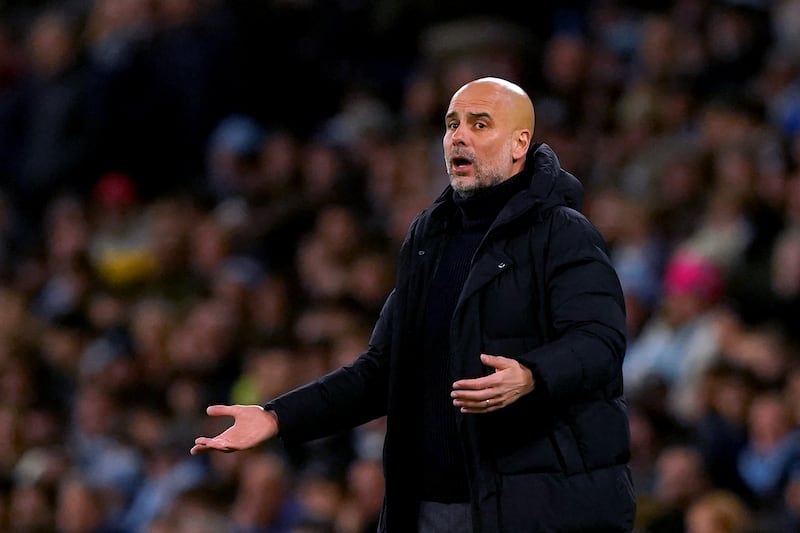SAM Allardyce admits it is hard to walk away from the 24/7 pressures of football management after deciding to leave Crystal Palace, but few would begrudge him a well-deserved break.
When just before Christmas last year Palace turned to the former England manager – the only one to boast a 100 per cent record from his spell in charge, albeit cut short after just 67 days – the club looked set to only be heading in one direction.
Hovering over the relegation zone, the Eagles had lost their drive under Alan Pardew, the man who not so long ago had taken them to the FA Cup final and left fans, as well as the owners, dreaming of bigger and better things.
Roll the clock on some five months to the day since his appointment and Allardyce leaves behind a squad which had regained self-belief after finally buying into the 62-year-old's mindset, which saw a remarkable upturn in fortunes including a shock victory over leaders Chelsea at Stamford Bridge, humbling Arsenal and then winning at Anfield.
Survival was assured with a game to spare by a 4-0 thumping of Hull, which condemned the Tigers to life back outside the elite.
But should we have all been surprised?
Allardyce may split opinion as much as Marmite sandwiches, but there can be no doubting he got results - including, unless we forget, somehow rescuing Sunderland from what had looked certain relegation last season.
A man who calls a spade a spade has prospered almost everywhere he has been since launching his managerial career in Ireland with Limerick back in 1991.
His spells at Blackpool, Notts County, Bolton, Blackburn, West Ham and Sunderland all brought varying degrees of success.
Only at Newcastle, where he was appointed by Freddy Shepherd in April 2007 and then discarded by new owner Mike Ashley within eight months, did his stock fall, with the Toon Army less than impressed by both the football on offer and the results it brought, a theme which was reprised during his time at Upton Park.
Allardyce's philosophy had always been straightforward: if you do not concede goals, you do not need to score too many to win football matches, and he is no fan of the "tiki-taka" possession game.
Love him or loathe him, you cannot ignore 'Big Sam' – eventually even the Football Association couldn't when Roy Hodgson quit the England job after the team's Euro 2016 exit.
There would have been no one left more disappointed by the manner of his departure, for matters off the pitch rather than results on it, than Allardyce himself – losing the one position he had always coveted more than any other.
To see Allardyce laughing and joking on FATV in the hours after landing the biggest job of his life or beaming at his introductory press conference, when he informed FA technical director Dan Ashworth he had just stolen his office, was to witness a man atop his own personal Everest.
The way in which Allardyce implements his beliefs is significantly more complex than just the unfair perception of someone who blindly adopts long-ball football, with his attention to detail, meticulous planning and reliance on sports science and psychology all key elements.
We will never know just how far that may have taken England.
What lies ahead for Allardyce remains to be seen, but it is unlikely to involve a swift return to the dugout.
"While I have got the energy, I want to travel and also spend more time with my family and grandchildren without the huge pressure that comes with being a football manager. I owe that to my wife and family," he said in his resignation statement.
There are plenty of fans from Selhurst Park up to Sunderland who probably feel the same way about what Allardyce did for them when top-flight survival was on the line.
